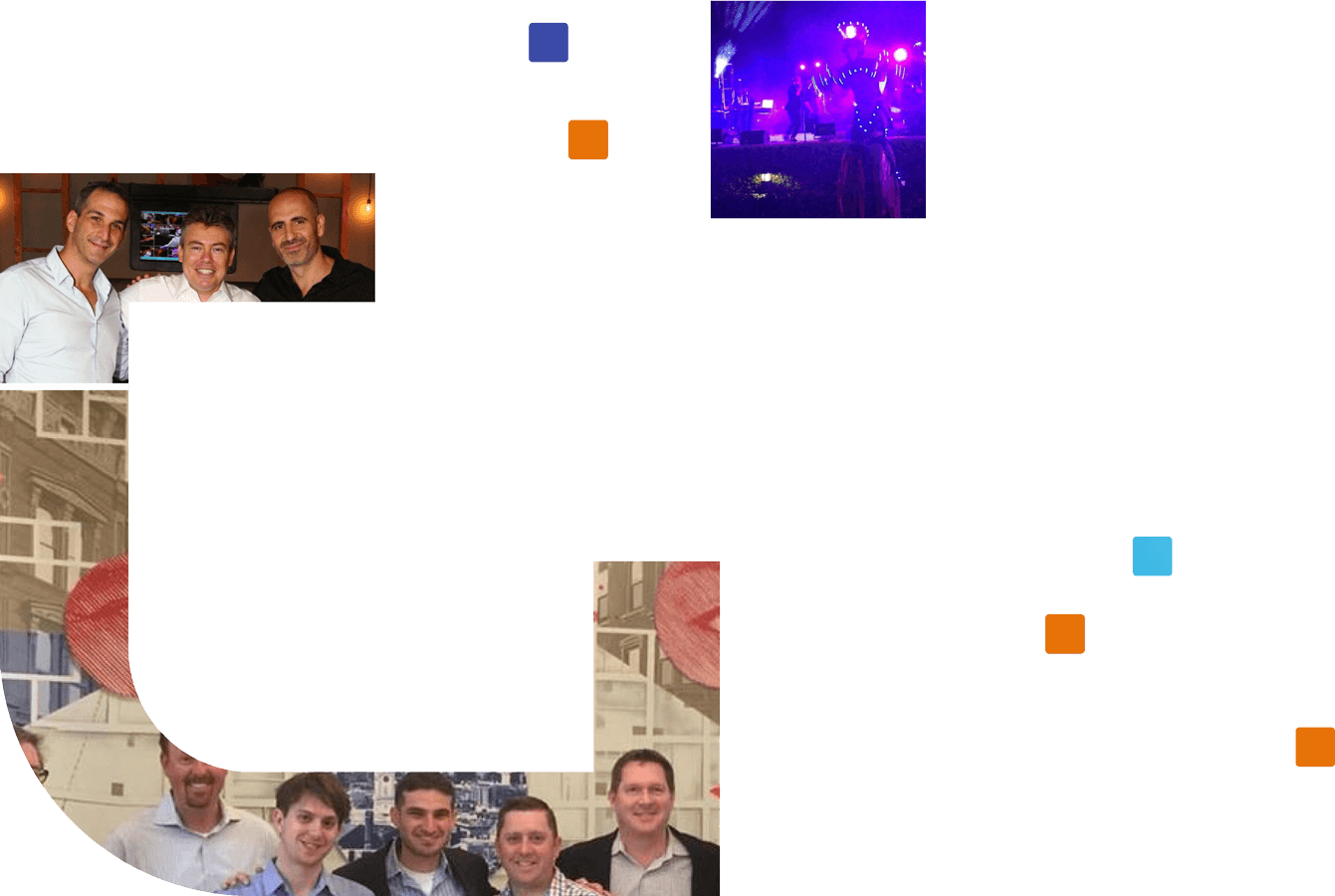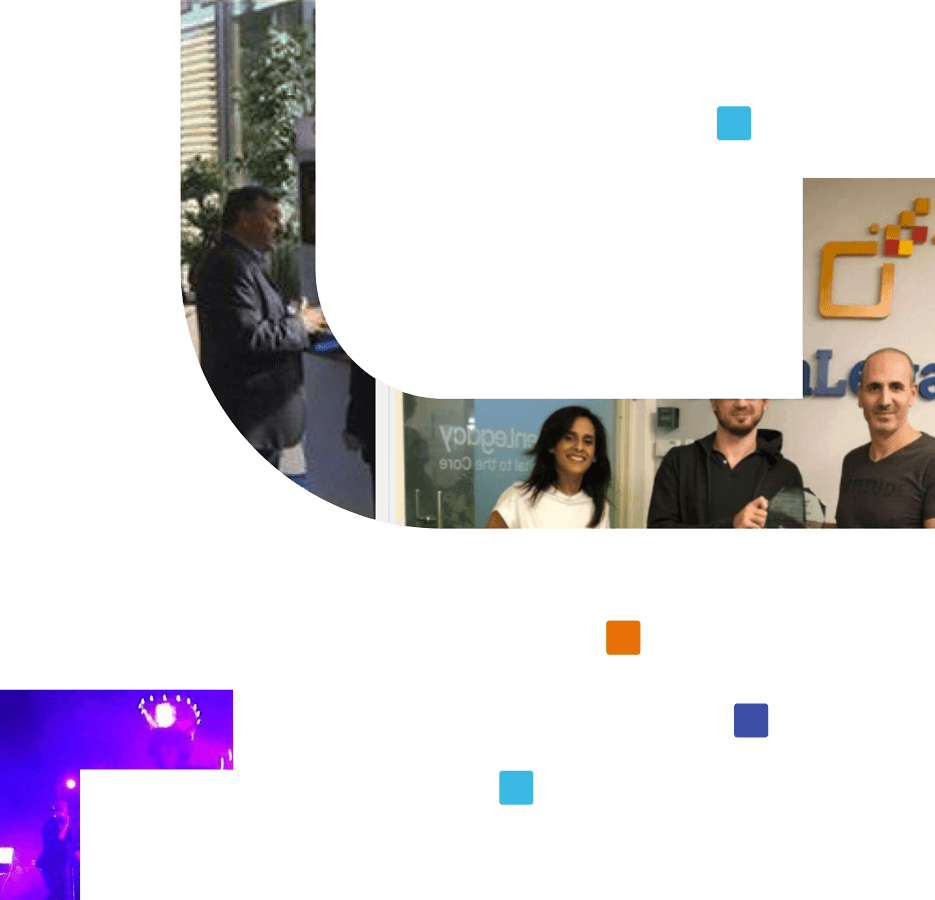OpenLegacy Hub is now available in the new AWS Marketplace AI Agents and Tools category
OpenLegacy a leading provider of AI-driven, low-code/no-code legacy modernization solutions, today announced the availability of OpenLegacy Hub in the new AI Agents and Tools category of AWS Marketplace. Customers can now use AWS Marketplace to easily discover, buy, and deploy AI agents solutions, including OpenLegacy's advanced platform for modernizing mainframe and IBM i legacy systems, into modern cloud-based AI workflows using their AWS accounts accelerating agent and agentic workflow development.



